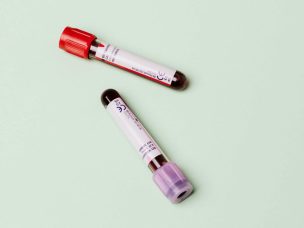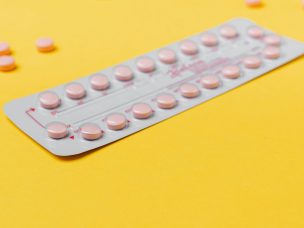After elective percutaneous coronary intervention, prolonged bivalirudin infusion protects against procedural myocardial injury.
Procedural myocardial injury (PMI) is common after elective percutaneous coronary intervention (ePCI) and is linked to an increased risk of subsequent adverse cardiac events. In the post-PCI period, PMI is characterized by an increase in cardiac troponin I (cTnI) levels above the 99th percentile upper reference limit (URL). Because of its high incidence, there is a need for new preventive and therapeutic strategies.
Bivalirudin is a naturally occurring oligopeptide that has an antithrombotic effect without significantly increasing bleeding risk. It is used for preoperative and intraoperative anticoagulation in acute coronary syndrome after PCI and intra-operative anticoagulation during ePCI. Moreover, studies have found no significant increase in bleeding risk when infusing bivalirudin for 4 hours. A recent study published in Scientific Reports evaluated the cardioprotective effect of prolonged (4-hour) bivalirudin infusion against PMI in ePCI patients.
Population Characteristics and Methodology
In this randomized, parallel-group study, 330 patients were enrolled. The control group was treated with bivalirudin during the procedure, while the intervention group was administered bivalirudin during and after the procedure, with a 4-hour post-ePCI infusion. The baseline clinical characteristics were similar between the two groups. Coronary angiography results and PCI procedural data were also similar between them.
Levels of Myocardial Biomarkers Before and After ePCI
Cardiac marker levels of creatine kinase (CK)-MB and cTnI were similar in both groups before ePCI. However, post-procedure levels of these markers were significantly higher in the control group than in the intervention group. The gap between pre- and post-procedure values of these indices was also greater in the control group. No significant difference between the two groups was observed in PMI and major PMI incidence.
The differences in cardiac biomarker levels between the two groups indicate a cardioprotective effect of prolonged bivalirudin administration despite the comparable incidence of PMI in both groups.
In-Hospital Major Adverse Cardiac Events
The incidence of in-hospital major adverse cardiac events (MACEs), such as target vessel acute myocardial infarction, target vessel revascularization, and target vessel cardiac death, was not significantly greater in the control group compared to the intervention group.
Comparison of Bleeding Events in Both Groups
The incidence of bleeding events following prolonged bivalirudin infusion in the intervention group was not significantly increased compared to that in the control group, assessed according to Bleeding Academic Research Consortium criteria.
In conclusion, the study findings suggest that prolonged infusion of bivalirudin after ePCI reduces the severity of PMI in these patients without increasing the risk of bleeding. Continued research in the future would help to further solidify and expand on these findings.
Source
Wu, Z., Meng, P., Guo, Y., You, W., Wu, X., & Ye, F. (2023). Prolonged infusion of bivalirudin after elective percutaneous coronary intervention protects against procedural myocardial injury (a COBER study)—a randomized trial. Scientific Reports, 13(1). https://doi.org/10.1038/s41598-023-34008-y










